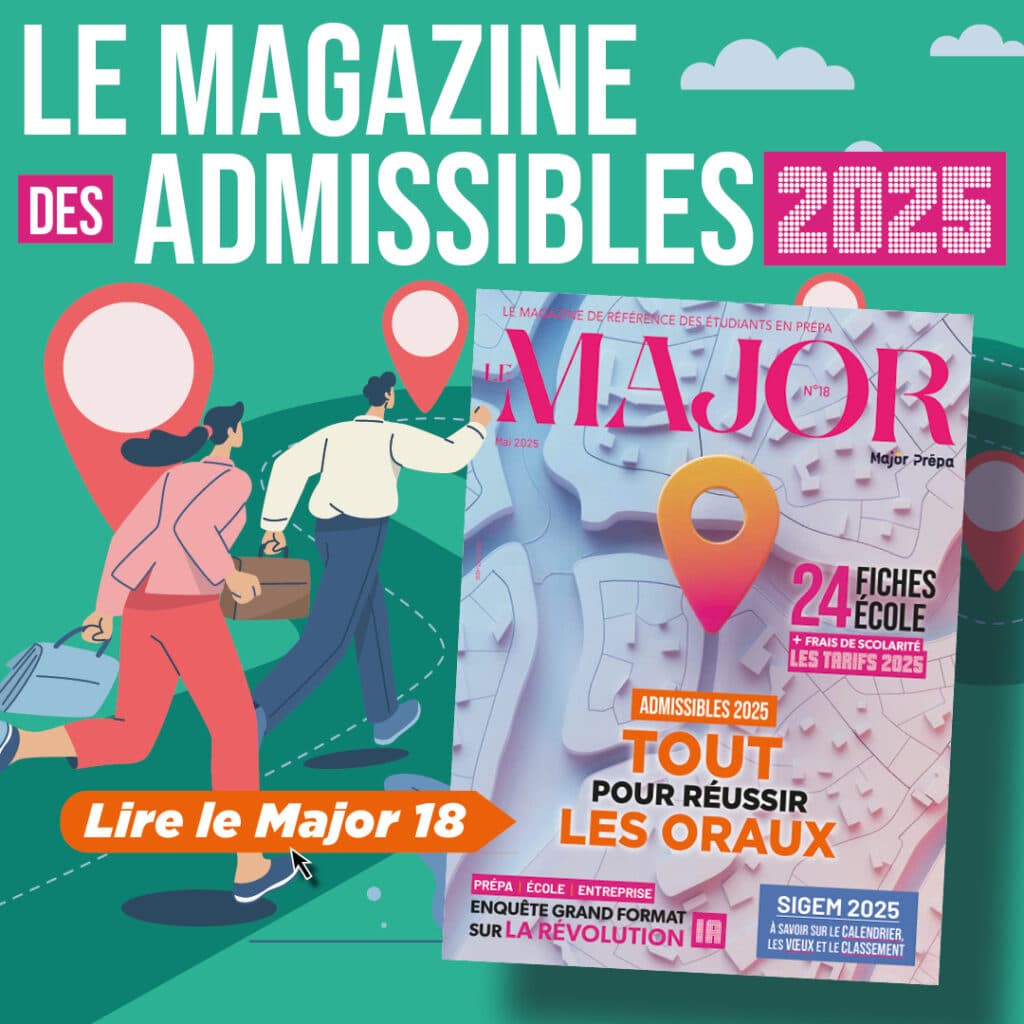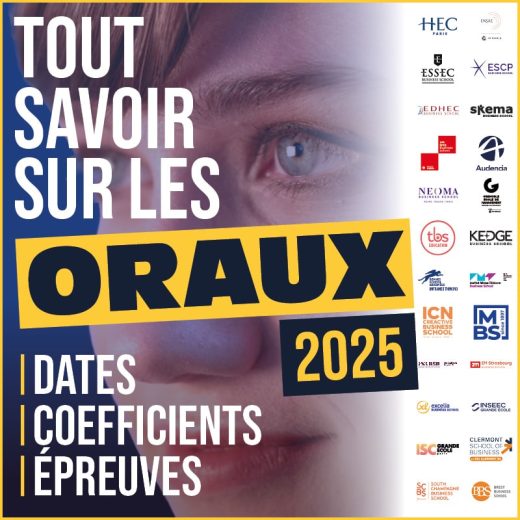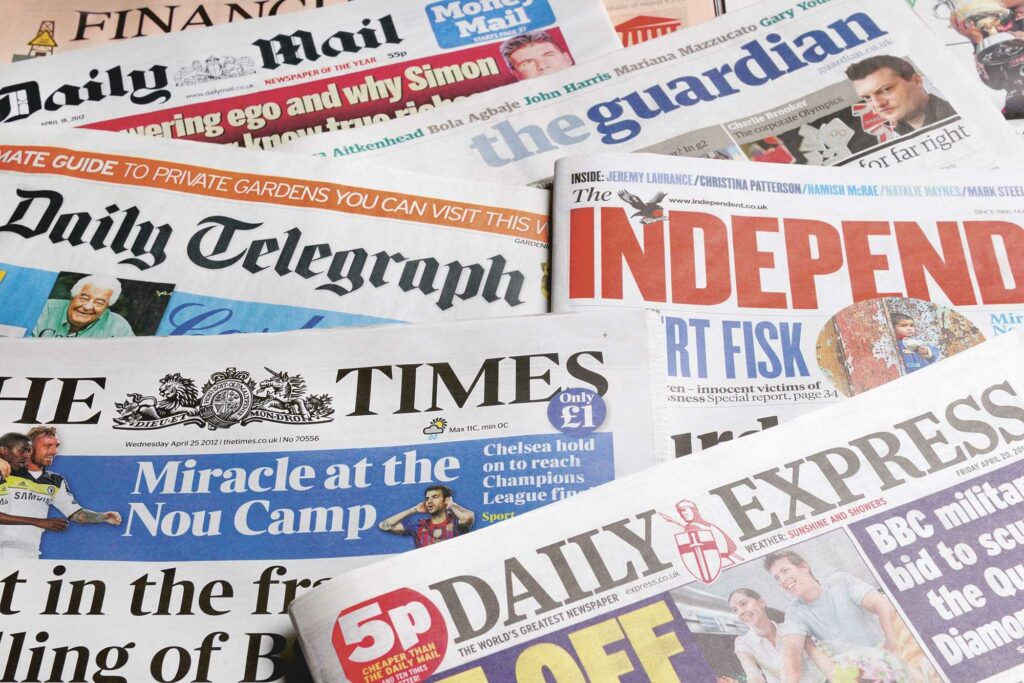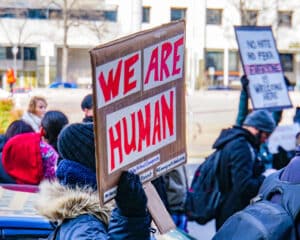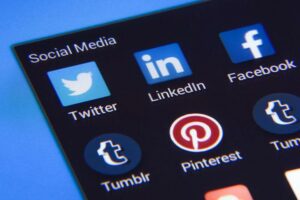Les médias ont permis l’avènement des démocraties américaines et anglaises mais, aujourd’hui, beaucoup questionnent leur rôle et leur influence sur la vie politique aux États-Unis et au Royaume-Uni. Les médias sont-ils encore les piliers du dialogue et de l’échange démocratique, ou bien en sont-ils devenus les détracteurs ? Pour cet article, comme c’est un sujet qui peut tomber, je te propose un commentaire en anglais. Mais pas de panique, puisqu’à la fin des quelques paragraphes en anglais, tu trouveras des explications en français.
The part media play in distorting democracy in long-lasting democratic models as USA and UK
The United States and the United Kingdom have been models of democracy for centuries, promoting freedom and fighting dictatorship, censorship, and authoritarianism. Media have played a tremendous role in spreading democratic values by allowing the public to express opinions freely, even when the latter challenge policies. However, with the rise of social media platforms and their controversies, the question arises whether the media keep endorsing democracy or undermine open dialogue which is paramount to democratic essence.
The press, followed by the radio and television, has influenced democracy by providing society with access to information and education. Consequently, they have progressively enabled the whole population to participate in politics by informing them and giving them a channel to voice their political opinions in the UK and the US. Media have helped support these nations’ democratic regimes, dating back to the ratification of the US Constitution in 1789 and the UK’s Reform Act of 1832 which granted franchise to the English elite.
In the US, media – especially television – are central to political expression. Talk shows like Trevor Noah’s or John Oliver’s provide a platform for both Republican and Democratic viewpoints, fueling the ongoing “cultural war”. Plus, the digital era and social media platforms have exponentially extended opportunities for global discussions and have democratized access to information.
However, media have recently been accused of political corruption and spreading biaised facts or misinformation. In both the US and the UK, the media are no longer neutral, and one can easily determine their political leanings based on how they report on events and which candidates they endorse. The Guardian and the Observer are known to support Labour in the UK, while the Daily Telegraph tends to lean with the Tories. Similarly, in the US, Fox News is linked to MAGA (Trump’s supporters) and has been accused of spreading fake news, such as “Trump’s 2020 stolen election”. Also, controversial figures like Fox News’s host Alex Jones, have enhanced this problem by spreading conspiracy theories and hate, such as his false claim about the Sandy Hook shooting being an hoax that encouraged his supporters to harass the victims’s families.
Even politicans reap the benefits of mediatic controversies. Former President Donald Trump, for instance, marked his official return after being banned from X in August 2023 with his mugshot, making millions from the merch he created. This PR stunt actually skyrocketted his return in the run-up to the 2024-election. Trump also deepened the link between media and politics with his Truth platform, launched after he was banned from Twitter in 2022, on which his posts have been accused of promoting hatred and extremism among his supporters.
Nowadays, media contribute to societal polarization and weaken political dialogues. Social media platforms often create “political bubbles”, where users are relentlessly exposed to content that aligns with their usual preferences. These algorithm-driven bubbles thus widen the gap between differing opinions by turning constructive discussions into dialogues of the deaf.
They also tend to amplify extreme ideas to attract attention, further fueling divisions. As political parties adapt to media-driven public opinions, they might stray from their original values to win votes. Media thus maintain this vicious circle between the need to make the buzz to gain in popularity on platforms and the adaptation of politics according to the followers, rather than voters. Media have actually participated in the surge of violence that preceded the attack of the Capitol in January 2021; since the idea popped up out of a Facebook post, after the movement #StopTheSteal and Donald Trump himself have incouraged to “march on the Capitol”.
In a nutshell, although media and social platforms have played a great role in spreading democratic values and in enabling open dialogue, the problem of the limit of free speech and the way they interact with politics now actually result in challenging and distorting the very same democracy they primarily endorsed.
Quelques commentaires
Il est important avec ce genre de sujet de questionner la relation entre les deux notions et non pas de traiter l’une puis l’autre, au risque de passer à côté du sujet.
Il est également primordial d’organiser clairement les paragraphes, puisque cela permet de structurer le propos afin de donner des indications visuelles au correcteur sur ton plan.
Intégrer des exemples précis dès que possible permet également de donner de la densité et de la profondeur à ton propos. N’hésite donc surtout pas à en utiliser, sans pour autant te lancer dans des explications trop détaillées afin de ne pas noyer le point que tu souhaites illustrer. C’est pour cela que toutes les fiches d’actualité (même en géopolitique et en ESH) peuvent s’avérer très utiles lors des épreuves de langue. Tu peux d’ailleurs les retrouver ici.
Les idées clés à utiliser
Les liens étroits entre la vie politique et les médias sont un sujet primordial aux États-Unis ainsi qu’au Royaume-Uni. En effet, comme nous l’avons déjà vu lors des différentes general elections aux États-Unis, ou encore durant le scrutin qui a eu lieu cet été en Grande-Bretagne, les médias influencent grandement les résultats politiques. Scandales, presse people, journaux d’opinion, médias d’opposition et théories du complot, etc. : tout est bon pour supporter ledit candidat.
Cet article peut donc t’aider à comprendre comment la démocratie et les médias s’influencent mutuellement, mais aussi quels sont les impacts que cela a sur les sociétés anglaises et américaines. Il est d’autant plus important lorsqu’on prend en compte la tournure que prend le dialogue républicain-démocrate entre Donald Trump et Kamala Harris, avec l’arrivée des élections en novembre prochain et l’implication des médias dans cette course à la présidence. En effet, les médias américains, comme les night shows, sont généralement polarisés. Ce qui peut envenimer les débats et même créer une véritable « guerre médiatique ».
Depuis quelques années, l’émergence des réseaux sociaux et leurs abus ont suscité une remise en question de la liberté d’expression ou tout du moins de ses limites. Accusés de désinformation, mésinformation, partis pris politiques, etc., les médias apparaissent dès lors comme les antagonistes de la démocratie.
Ce phénomène va même plus loin, notamment aux États-Unis, où des médias répandent ouvertement des fakes news et toutes sortes de théories du complot. Alex Jones, le présentateur de Fox News, assume entièrement ce rôle et détient même ses propres canaux comme son site internet Infowars. Cela lui a permis d’accroître sa notoriété jusqu’à fonder une véritable communauté. Or, ceci représente alors une menace pour la démocratie et le dialogue politique, ce dernier étant dorénavant basé sur de fausses informations, qui viennent alors perturber les opinions politiques.
Un peu de vocabulaire
- newspapers = journaux
- media (déjà au pluriel) = médias
- PR stunt = buzz médiatique
- buzz words = mots qui marquent/mots à la mode
- conspiracy theories = théories du complot
- the franchise = le droit de vote
- to skyrocket = faire décoller
Tu peux retrouver ici toutes nos ressources en anglais.





